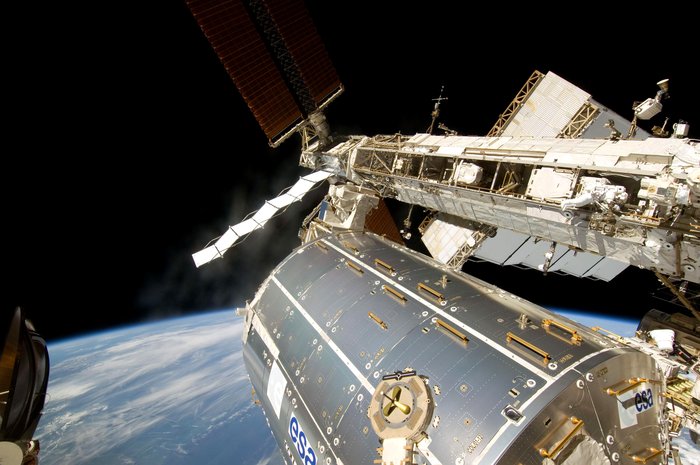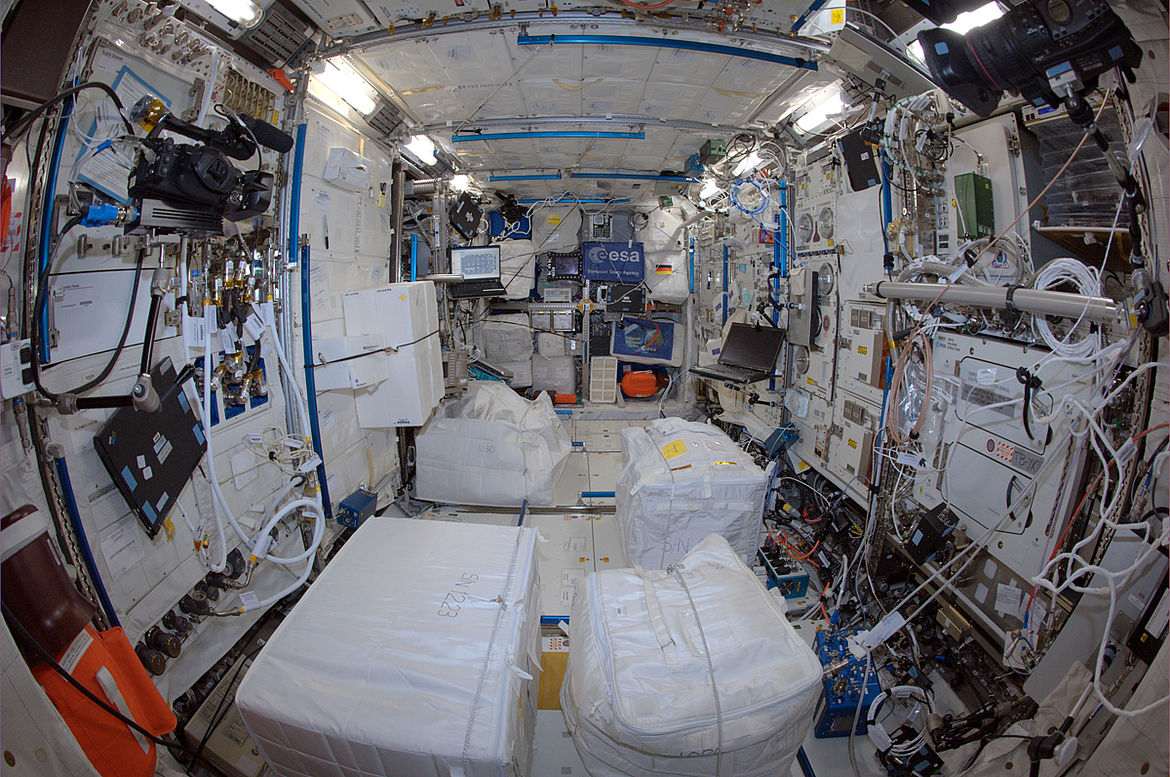Bremen / Oberpfaffenhofen, February 6, 2018. Tomorrow will be ten years since a major European project literally took to the skies. This was the day on which the Columbus module commenced its journey into space, successfully docking with the International Space Station ISS just a few days later. Since then, humankind’s outpost in space has had a European research laboratory.
Three men, including the visionary and founder of Bremen-based space and technology company OHB Manfred Fuchs*, who has since passed away, played a pioneering role in the Columbus program. “My father was highly committed to Europe developing and building its own research module. As the original plan was for the module to be ready for launch in 1992, 500 years after Christopher Columbus discovered America, his suggestion to name it Columbus was accepted. As a result, we were of course able to identify with the Columbus program in a very special way,” says Marco Fuchs, CEO of OHB.
At the turn of the millennium, a large part of the activities performed by OHB System AG in Bremen involved projects for ISS and the Columbus module. More than half of the roughly 100 employees that OHB had at that time worked on the infrastructure or on experiments for the space station. Consequently, a whole series of very different contributions by OHB can be found on board the ISS and in the Columbus laboratory. They include many kilometers of cabling and thousands of plug connections, boards for the on-board computers, various life support systems, electronics, the FlyWheel sports apparatus and the PK-4 equipment for fundamental research on plasma crystals. Of particular significance for OHB is the EPM (European Physiology Modules) Columbus rack as it was the first major contract awarded to the Bremen-based company by the European Space Agency ESA. “Even after 10 years of intensive use in numerous experiments, it is still working flawlessly and will continue to be fully utilized for new experiment sessions in the future," says Dr. Marco Berg, Head of Human Space Flight and Exploration, proudly.
"The research that can be performed on board the space station in microgravity conditions is giving scientists new insights. For me, space travel is always particularly worthwhile when it creates benefits for people,” says Marco Fuchs. "At the same time, major space projects such as the ISS and Columbus are making a lasting contribution to international understanding across national borders and continents.”
*) Professor Ernesto Vallerani, Professor Gottfried Greger and Manfred Fuchs received awards from the German Agency for Space Affairs (DARA, today DLR) in recognition of their role as initiators of the COLUMBUS program.
Contact for media representatives:
Marianne Radel
Head of Corporate Communications
Phone: +49 421 2020 9159
Email: marianne.radel@ohb.de
Contact for investors and analysts:
Marcel Dietz
Investor Relations
Phone: +49 421 2020 6426
Email: ir@ohb.de


